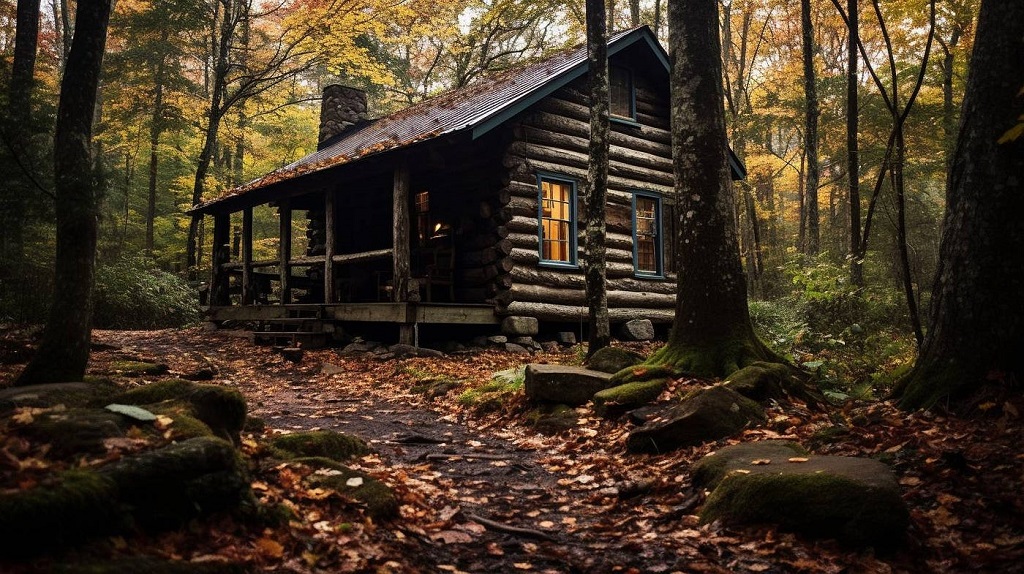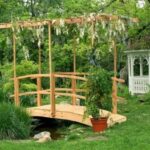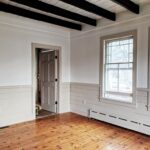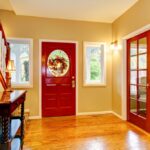As our loved ones age, ensuring their safety and well-being in their own homes becomes a top priority. The familiar surroundings of home can provide a sense of comfort and independence, but it’s crucial to identify and address potential hazards to create a truly safe and secure environment. Here’s a comprehensive guide packed with valuable safety tips to bring peace of mind to you and your elderly loved ones.
Addressing Fall Risks: Creating a Safe and Stable Environment
Falls are a leading cause of injury and hospitalization for older adults. Here’s how to minimize fall risks:
- Declutter Living Spaces: Remove clutter from walkways and tripping hazards like throw rugs, electrical cords, or misplaced furniture. Ensure clear pathways for easy navigation.
- Improve Lighting: Install bright, energy-efficient lighting throughout the home, especially in hallways, stairwells, and bathrooms. Consider nightlights for low-light areas.
- Secure Throw Rugs: Use double-sided tape or rug grippers to prevent throw rugs from slipping. Opt for low-pile rugs with secure edges.
- Bathroom Safety: Install grab bars in the shower or bathtub area, and next to the toilet for added stability. Consider placing a non-slip bath mat or shower mat to prevent falls.
- Staircase Safety: Ensure all staircases have sturdy handrails on both sides. Install non-slip treads on each step for added traction. Consider adding lighting to illuminate stairs, especially at night.
- Improve Footwear: Encourage your loved ones to wear well-fitting, low-heeled shoes with good tread to provide proper support and stability.
Emergency Preparedness: Planning for the Unexpected
Being prepared for emergencies can provide peace of mind for everyone:
- Medical Alert Systems: Consider installing a medical alert system with a wearable device. This allows your loved one to call for help in case of a fall, medical emergency, or other unforeseen event.
- Emergency Contact List: Create a readily accessible list of emergency contacts, including family members, doctors, and neighbors, with phone numbers displayed.
- Fire Safety: Ensure smoke detectors and carbon monoxide detectors are installed and functioning properly throughout the home. Test them regularly and replace batteries according to the manufacturer’s instructions.
- Develop an Emergency Plan: Discuss an emergency plan with your loved one. This includes evacuation procedures in case of fire and a designated meeting place outside the home.
- First-Aid Kit: Keep a well-stocked first-aid kit in a central location, readily accessible for minor injuries.
Home Modifications for Enhanced Safety and Independence
Simple modifications can significantly improve safety and independence:
- Grab Bars: Install grab bars in strategic locations beyond the bathroom, such as near doorways and hallways for additional support.
- Shower Seats: Consider installing a shower seat for added stability during bathing.
- Raised Toilet Seats: Raised toilet seats can make sitting and standing easier, reducing the risk of falls.
- Lever Door Handles: Replace traditional doorknobs with easier-to-use lever handles, especially in frequently used areas like the bathroom.
- Lighting Adjustments: Install dimmer switches to allow for adjusting lighting levels for better visibility.
- Smart Home Technology: Explore smart home technology like voice-activated assistants or smart lighting systems to enhance convenience and safety.
Maintaining Well-being: Health and Communication
Safety goes beyond physical hazards. Here’s how to promote overall well-being:
- Encourage Regular Checkups: Regular medical checkups and medication adherence are crucial for maintaining good health.
- Healthy Habits: Promote healthy eating habits and regular exercise routines to enhance physical and mental well-being.
- Open Communication: Maintain open communication with your loved one. Discuss any concerns or challenges they might be facing related to their health or safety.
- Social Connection: Social isolation can affect well-being. Encourage visits from friends and family, or explore options for senior centers or social activities.
- Mental Health Awareness: Be mindful of potential mental health concerns like depression or anxiety. Encourage open communication and seek professional help if needed.
Seeking Professional Support: When to Consult a Specialist
There might be situations where professional help is beneficial:
- Occupational Therapists: Occupational therapists can assess your loved one’s home environment and recommend modifications for improved safety and independence.
- Home Safety Assessments: Many senior centers or community organizations offer home safety assessments to identify and address potential hazards.
- In-Home Care: For individuals requiring additional assistance with daily activities, consider in-home care services.

The Takeaway: A Safe and Secure Haven for Your Loved Ones
By implementing these safety tips, you can create
a safe and secure haven for your elderly loved ones, allowing them to age in place with greater independence and peace of mind. Remember, safety is an ongoing process. Regularly assess your loved one’s needs and adapt your approach as needed. Open communication, collaboration with healthcare professionals, and a commitment to their well-being are key to ensuring a happy and secure home environment for the golden years.
Additional Resources:
- The National Institute on Aging (NIA): [National Institute on Aging (.gov) nia.nih.gov] (Provides resources on aging and healthy living)
- The American Occupational Therapy Association (AOTA): [American Occupational Therapy Association (.org) aota.org] (Information on occupational therapy services)
- The National Council on Aging (NCOA): [National Council on Aging (.org) ncoa.org] (Offers resources and support for older adults)
Related: How Can I Ensure My Home Is Secure From Potential Threats?
Living with Peace of Mind:
With a little planning, proactive measures, and open communication, you can ensure your loved ones feel safe, secure, and independent in their own homes. Remember, creating a haven allows them to continue living life to the fullest in their familiar surroundings.
Happy Safeguarding!










